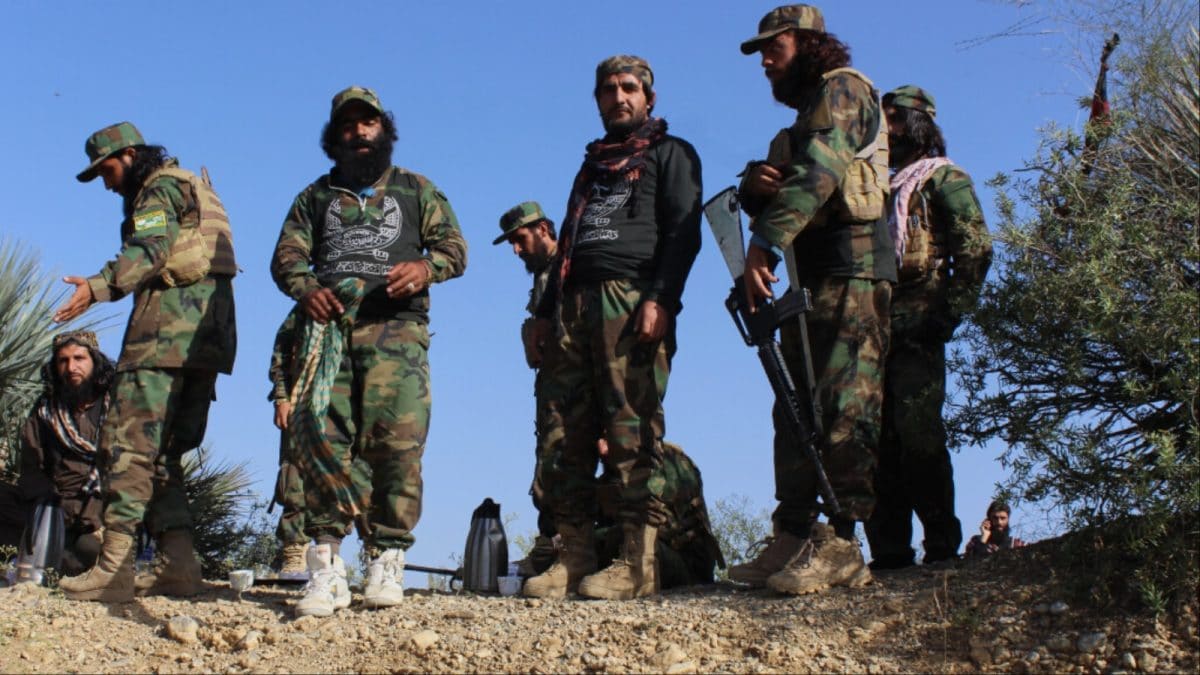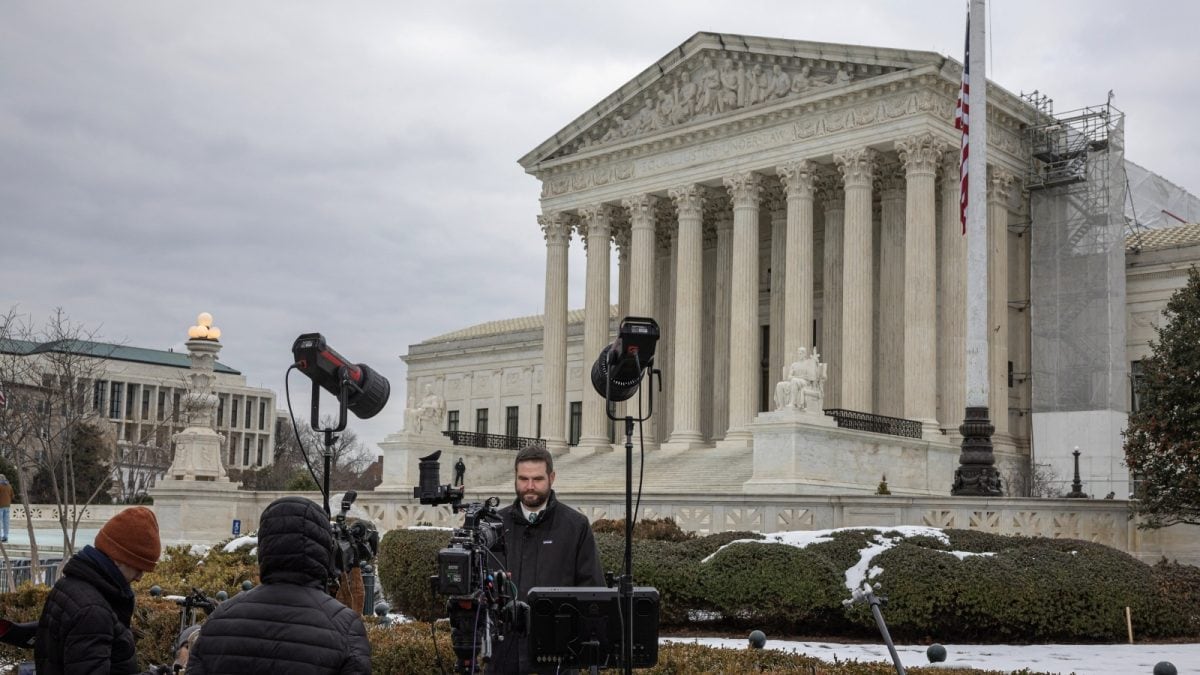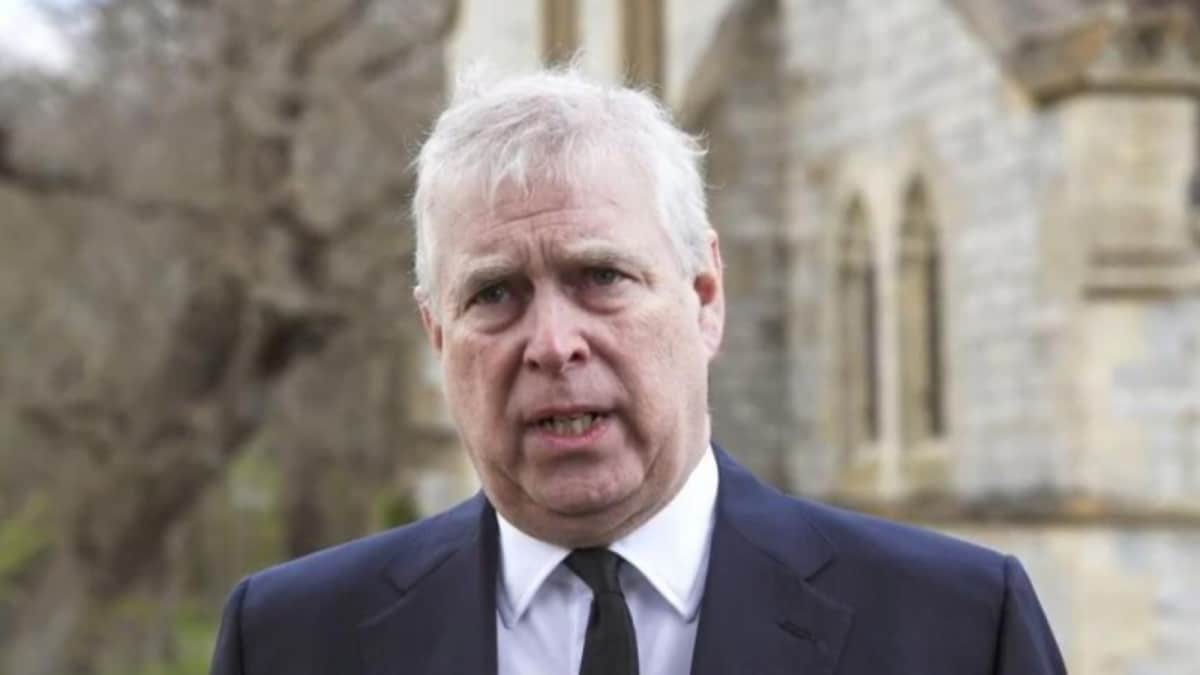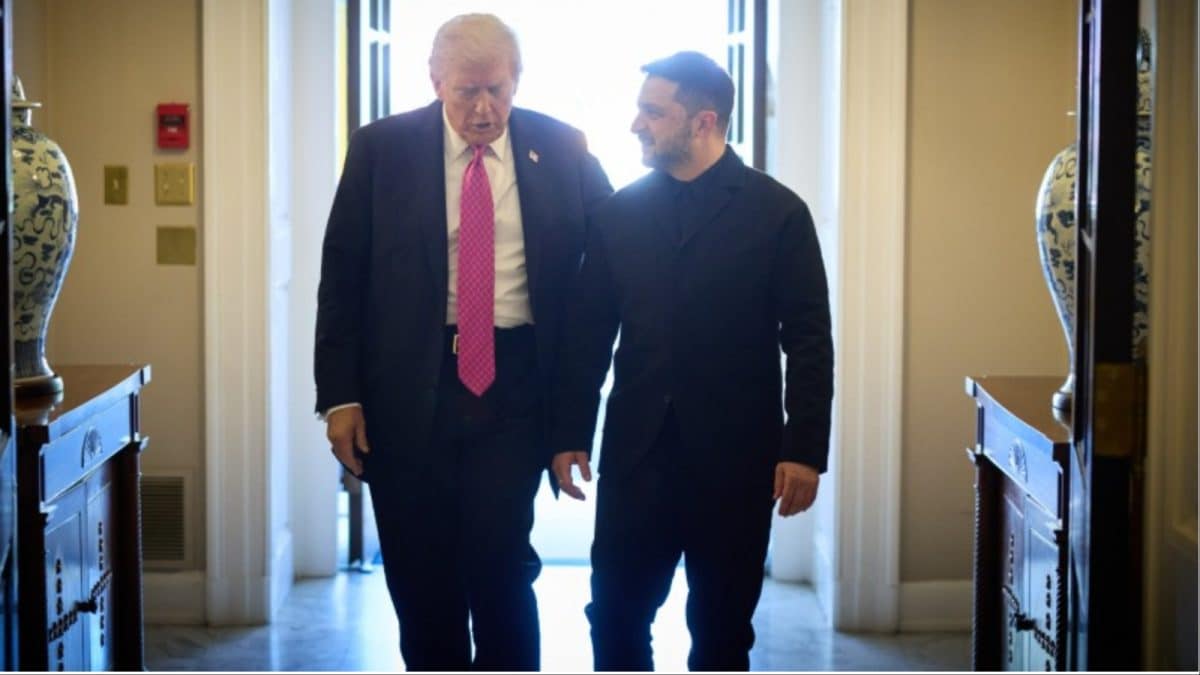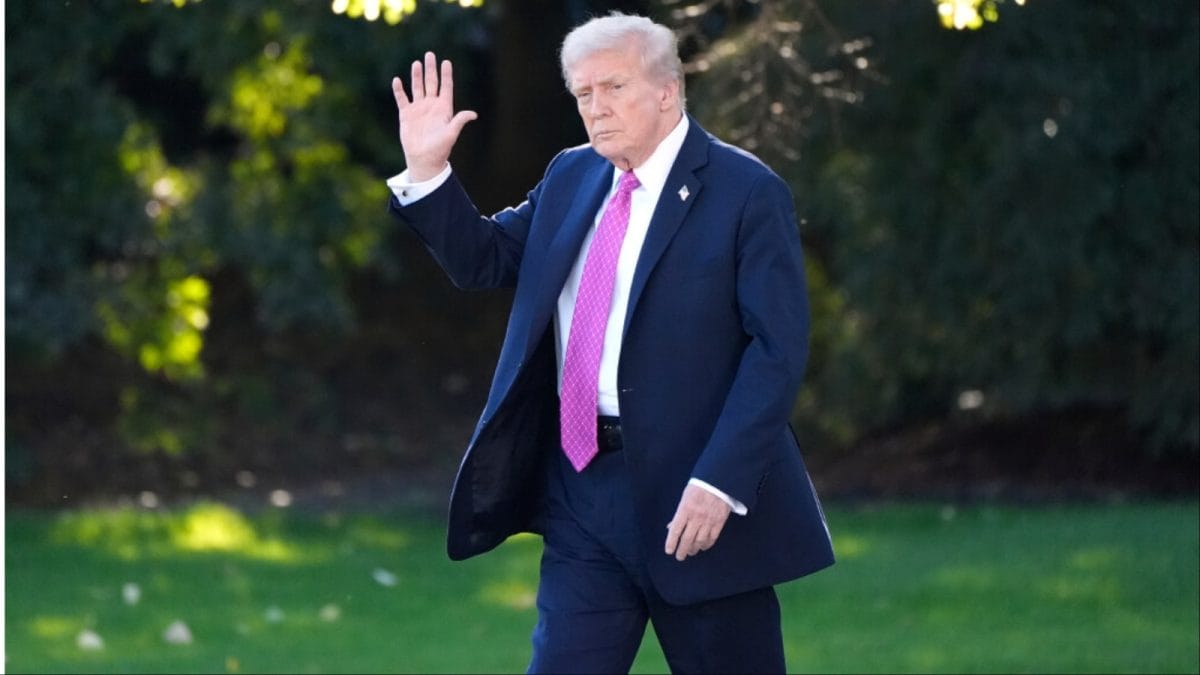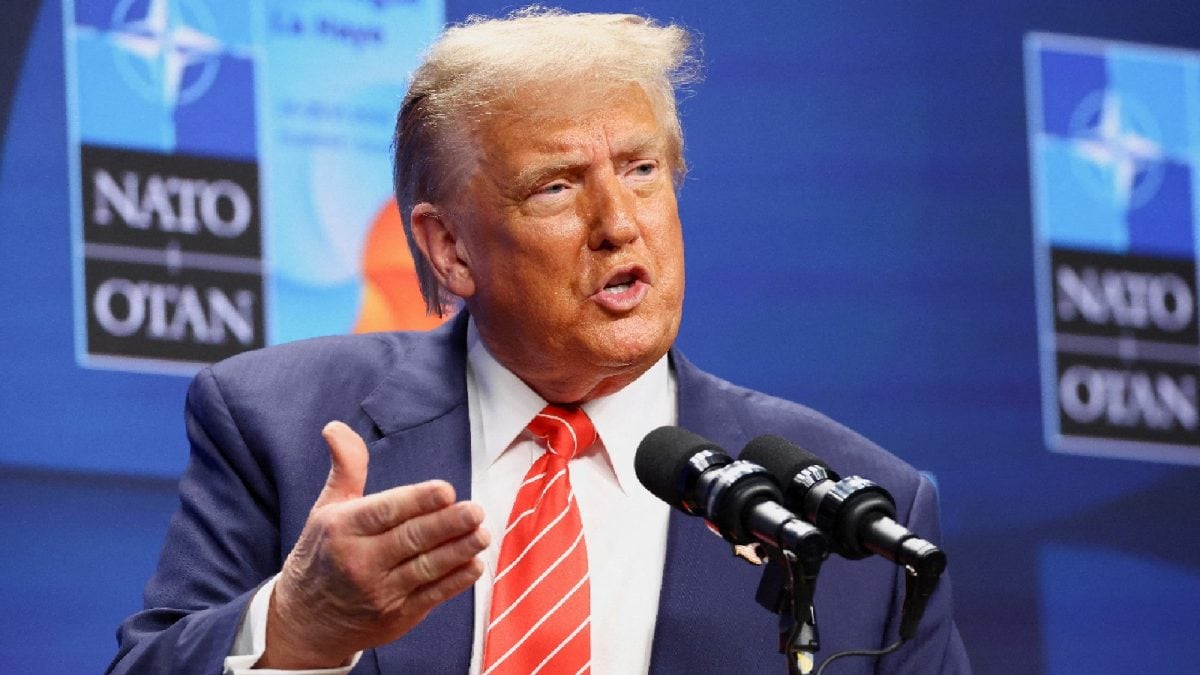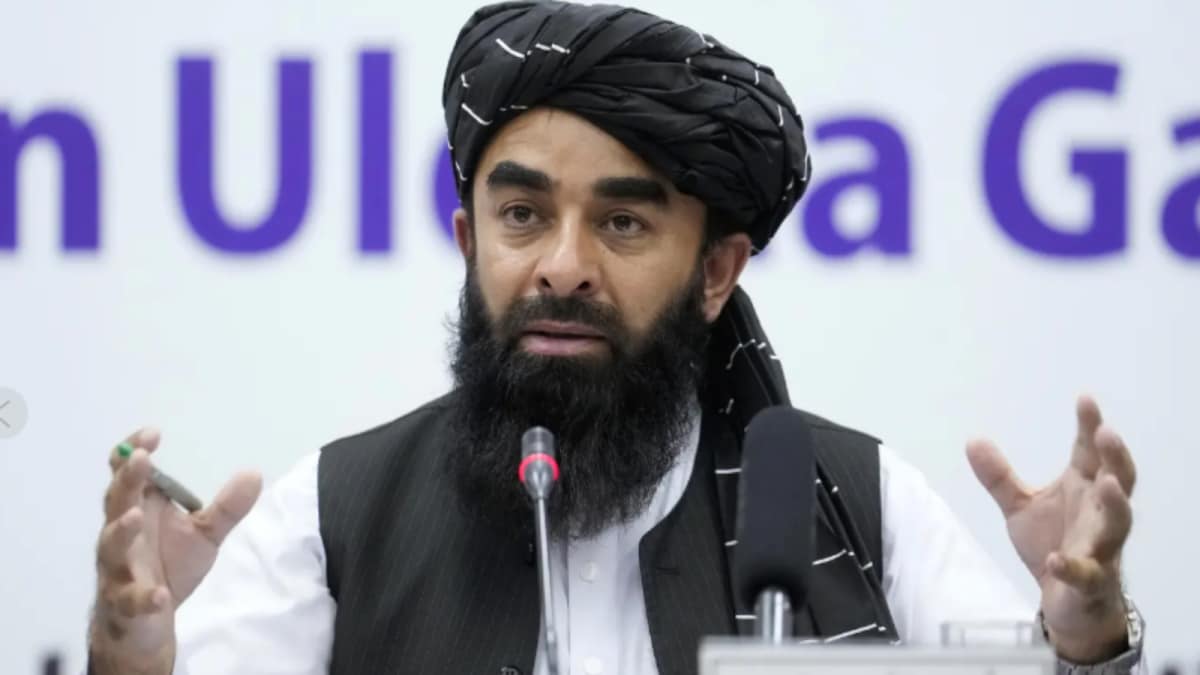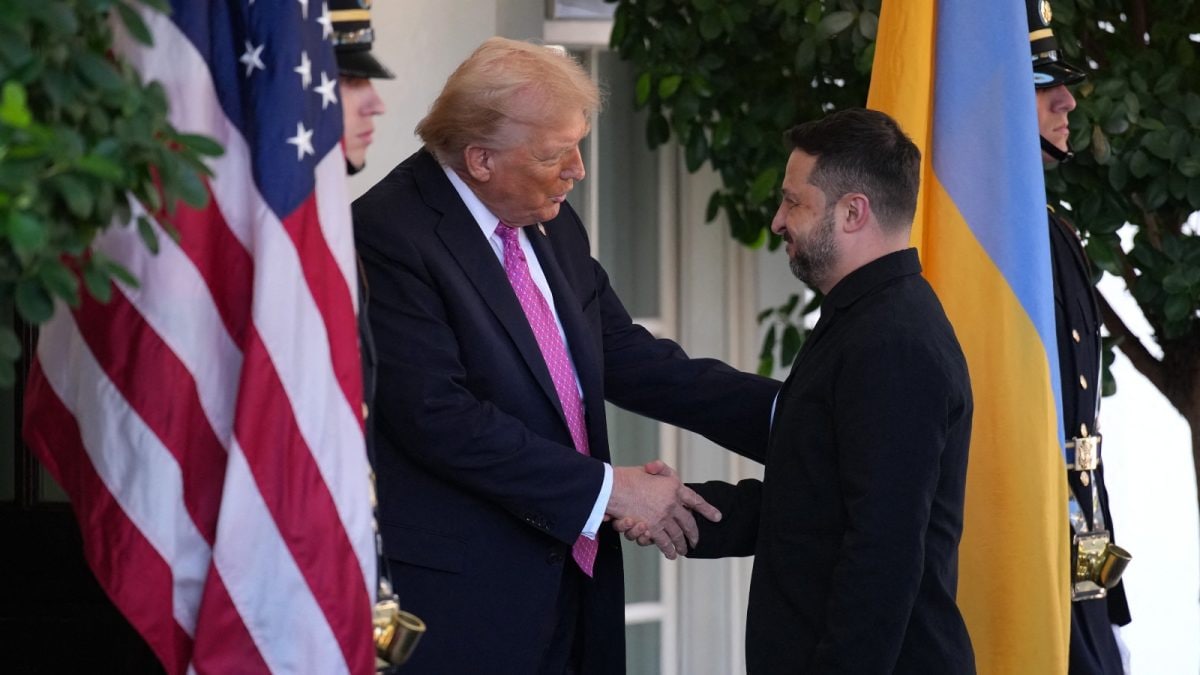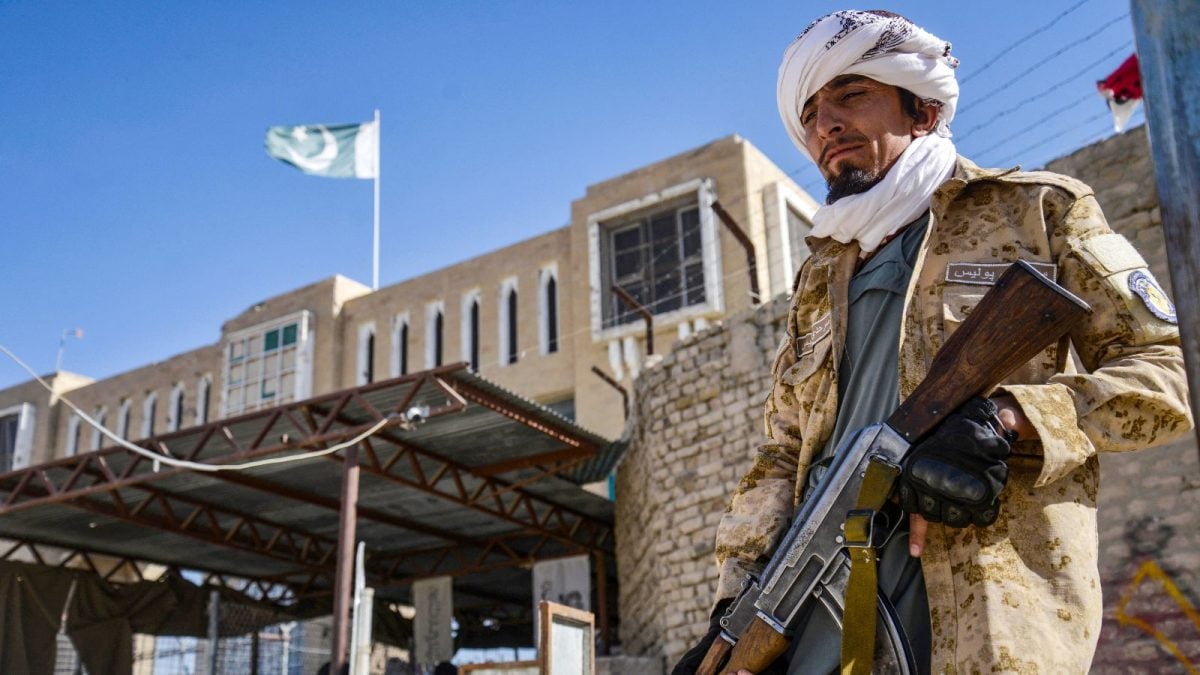Tomiichi Murayama, Japan's former prime minister known for his landmark apology over World War II, died on Friday at age 101. His 1995 statement set a benchmark for Japan's wartime remorse and influenced subsequent government apologies.

Tomiichi Murayama is also known as the father of Japanese politics. (Image: AFP)
Tomiichi Murayama, Japan’s former prime minister known for his landmark 1995 World War II apology, died on Friday at the age of 101 in Oita City.
The announcement was made by Mizuho Fukushima, head of the Social Democratic Party, who said, “Tomiichi Murayama, the father of Japanese politics, passed away today at 11.28 am at a hospital in Oita City at the age of 101.”
According to Hiroyuki Takano, the secretary general of the Social Democratic Party in Oita, he had been informed that the former premier died of old age.
Murayama served as prime minister from 1994 to 1996, a period marked by major national crises — the 1995 Kobe earthquake and the Tokyo subway sarin gas attack. He gained international recognition for his statement issued that year to mark the 50th anniversary of Japan’s surrender in World War II.
In the landmark August 1995 statement, Murayama said, “Japan, through its colonial rule and aggression, caused tremendous damage and suffering to the people of many countries, particularly to those of Asian nations.”
He added, “In the hope that no such mistake will be made in the future, I regard, in the spirit of humility, these irrefutable facts of history, and express here once again my feelings of deep remorse and state my heartfelt apology.” The phrases “deep remorse” and “heartfelt apology” have since been cited by successive Japanese prime ministers on anniversaries of the war’s end.
Before entering politics, Murayama was conscripted into the Japanese Imperial Army in 1944 while still a university student. In a 2015 interview with NHK, he described the military as “a dreadful thing” where “rebellion or argument was absolutely forbidden.”
Recalling the harsh final days of the war, he said, “Food was already scarce, and very few weapons remained. We had weapons made of bamboo. I wondered if we could wage war in these conditions.”
Murayama later led a coalition government with the Liberal Democratic Party, Japan’s dominant postwar political force. His legacy is defined by the 1995 statement, which became a benchmark for Japan’s official wartime apologies and a cornerstone of its post-war diplomacy.
- Ends
Inputs by AFP
Published By:
Radhika Hitkari
Published On:
Oct 17, 2025

 16 hours ago
16 hours ago

